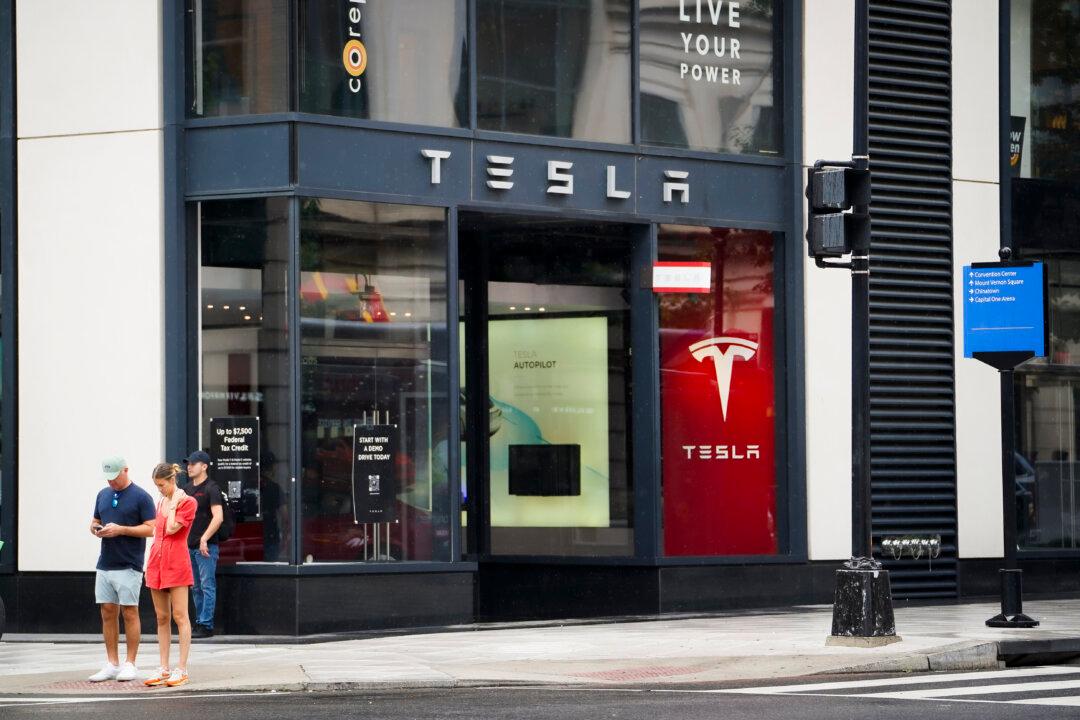The U.S. Department of Justice (DOJ) is investigating electric vehicle (EV) global leader Tesla on multiple issues, including the driving range of its vehicles, which is alleged to drop significantly under low temperatures.
In a recent filing with the U.S. Securities and Exchange Commission (SEC), Tesla said it had “received requests for information, including subpoenas from the DOJ, regarding certain matters associated with personal benefits, related parties, vehicle range, and personnel decisions.”





